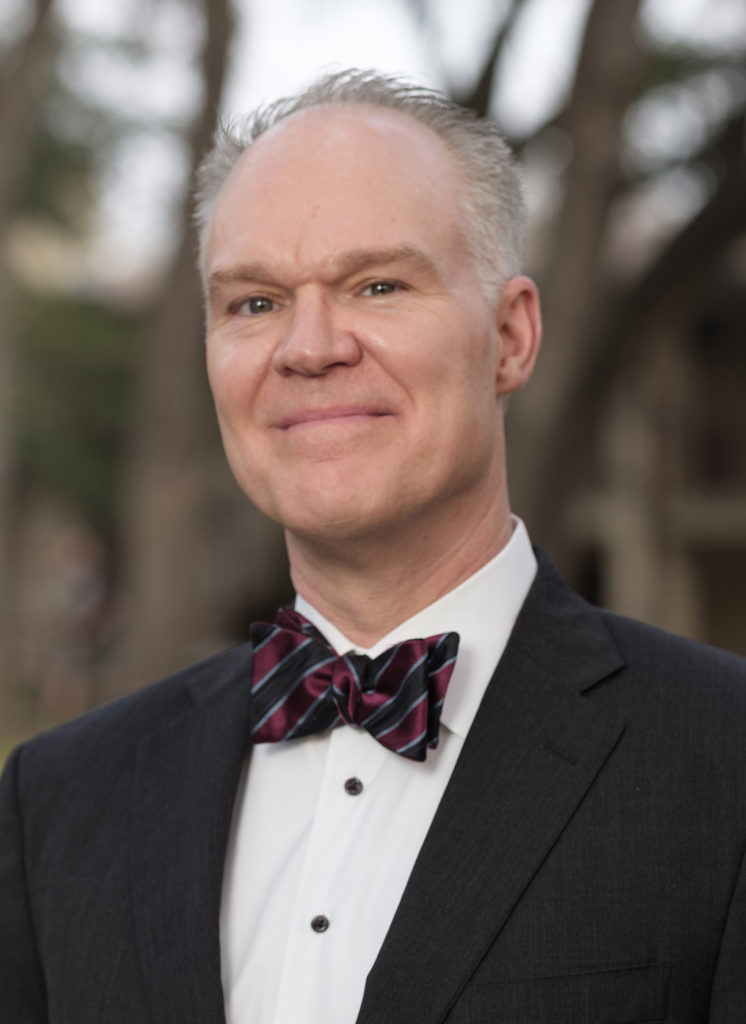
A technology business recently asked me to listen to recordings of their salespeople “cold calling” prospective customers. On each call, a salesperson was speaking with someone at another company, someone they didn’t know, hoping to interest them in learning more about the technology. In some cases, the customer would agree to introduce the salesperson to others in their company or set up a meeting with decision makers. The technology business asked me to figure out what made these calls successful — that is, what about the salesperson’s approach helped a customer come to trust her enough to risk inviting her in?
Listening closely to the calls, three patterns stood out. First, the more often the conversation passed back and forth (with no one speaking for too long at one time), the higher the probability that the customer would say yes. Second, on successful calls, the salesperson was asking more open-ended (fewer yes-no) questions. Finally, the salespeople on successful calls talked more about the customer’s problem and less about their own solution.
On most calls, however, the salesperson did most of the talking, asked a lot of yes-no questions (as if they were troubleshooting instead of trying to learn), and was quick to pitch the features of their technology. These calls were almost never successful and almost always painful to listen to.
So if shorter statements and quicker handoffs, open questions, and focus on a shared puzzle make for better connections, why weren’t the salespeople (whose bonuses depended on building this relationship quickly) doing these things? Why, even when we demonstrated the more effective practices, did they resist changing their habits?
Like most of us, their actions expressed their faith. They were doing what they believed worked. As I coached these salespeople, they taught me how they understood customers:
“Customers are busy, so you have to talk fast and make all your points before you lose them.”
“Customers get lots of calls, so you have to sound smarter than the other salespeople wasting their time.”
“Customers are suspicious; they won’t tell you anything about their business until they see what you have to offer.”
“Pause after you make a point? But what if they don’t say anything? Silence is awkward!”
“Open-ended questions? But they could say anything! I could lose control of the conversation!”
The salespeople assumed they knew how the world works. That’s why they wouldn’t risk changing their habits.
Listening to myself talk with others, it’s not hard to discern my own faith about how people work. Why does so much of what I say involve self-justification? Do I assume people are judging me? Why am I so eager to impress others or to be validated? Do I not imagine that God has already accepted me? Can I not imagine more generous, beautiful ways of being with others? Why do I assume other people value a frictionless transaction over a real connection?
The best practices we saw in the sales conversations illustrate my grandmother’s favorite proverbs.
She’d say: “One point is a conversation. Two points is a speech.”
And: “You make people smart by how you listen to them.”
And, “Silence is what trust sounds like.”
This wisdom runs counter to our habits and challenges grounding (usually unspoken) assumptions about what makes us likeable, acceptable, useful and safe. And yet, almost as often as you’re willing to test it, the wisdom proves true.
In the workshop, we gave the salespeople a chance to role-play conversations with the new rules of engagement – one point per turn, open questions and focus on the puzzle, not the solution. At first it was difficult and uncomfortable. Then it got easier. Then fun. Then they began to imagine engaging customers in these more hospitable ways.
Then we sent them off to experiment on their sales calls where they almost always got better results. Later when we debriefed, the salespeople sounded a lot like new converts:
“If you’re really listening, people want to share!”
“Silence is where people make discoveries and decisions.”
“If you’re willing to learn, people will teach you how to sell to them.”
What does the way you talk with others reveal about you?
How might you arrange in conversation to let others surprise you?
 Dr. Steven Tomlinson is the Joe and Jesse Crump Visiting Professor of Leadership Formation and Vocational Pedagogy. He holds a PhD in Economics from Stanford University. He coaches and consults with Wall Street, Fortune 500 and high-tech start up executives and managers on leadership and communication strategy. He is a Founding Master Teacher at the Acton School of Business for Entrepreneurship. He taught economics and finance at The University of Texas at Austin for 17 years where he designed and directed the MBA professional development program. He has been an adjunct professor of pastoral ministry at Seminary of the Southwest, teaching in the MAPM program. He is also an accomplished playwright and performer. His award-winning solo shows have been produced in Austin and off-Broadway.
Dr. Steven Tomlinson is the Joe and Jesse Crump Visiting Professor of Leadership Formation and Vocational Pedagogy. He holds a PhD in Economics from Stanford University. He coaches and consults with Wall Street, Fortune 500 and high-tech start up executives and managers on leadership and communication strategy. He is a Founding Master Teacher at the Acton School of Business for Entrepreneurship. He taught economics and finance at The University of Texas at Austin for 17 years where he designed and directed the MBA professional development program. He has been an adjunct professor of pastoral ministry at Seminary of the Southwest, teaching in the MAPM program. He is also an accomplished playwright and performer. His award-winning solo shows have been produced in Austin and off-Broadway.

